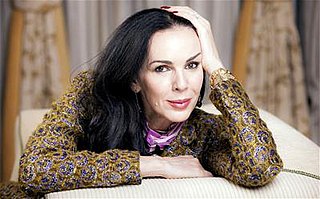A Quote by Joseph Stiglitz
GDP tells you nothing about sustainability
Quote Topics
Related Quotes
Photographers usually want to photograph facts and things. But I'm interested in the nature of the thing itself. A photograph of someone sleeping tells me nothing about their dream state; a photograph of a corpse tells me nothing about the nature of death. My work is about my life as an event, and I find myself to be very temporal, transient.
Sustainability has become a religion in architecture - not that there's anything wrong with it - but I think it has to work both ways. Everyone thinks architecture has to be subservient to sustainability, but what if we thought in the other direction, like, what can sustainability do to make architecture more exciting?
Sustainability is not just about adopting the latest energy-efficient technologies or turning to renewable sources of power. Sustainability is the responsibility of every individual every day. It is about changing our behaviour and mindset to reduce power and water consumption, thereby helping to control emissions and pollution levels.
The thing no one tells you about surviving, about the mere act of holding out, is how many hours are nothing because nothing happens. They also don’t tell you about how you can share your deepest secrets with someone, kiss them, and the next hour it’s like there’s nothing between you because not everything can mean something all the time or you’d be crushed under the weight of it.




































